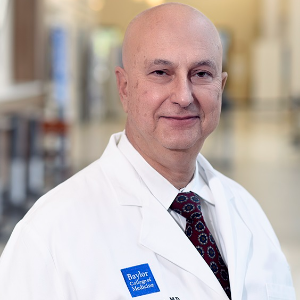Title : Should we continue to prescribe aspirin for patients with coronary artery disease?
Abstract:
For years aspirin was considered an essential part of the treatment of patients with or at risk of coronary artery disease. However, more recent studies have shown that aspirin, even at low dose, does not improve outcomes when administered for primary prevention and is associated with increased risk of bleeding. Studies are now showing that the duration of dual anti-platelet inhibition with aspirin + P2Y12 inhibitors can be safely shortened after successful coronary stent implantation. Moreover, several studies suggested that a regimen of early dropping aspirin instead of the P2Y12 inhibitor is safer. Yet, aspirin is still consider essential for patients with acute coronary syndromes, especially ST elevation myocardial infarction. However, the data lead to such strong recommendation has never been strong. Moreover, it could be that high-dose chewable or injected aspirin could block the protective effects of medications and ischemic conditioning. Clinical trials should be conducted to compare outcomes of patients with ST elevation myocardial infarction with and without aspirin loading before primary percutaneous coronary interventions.
Audience Take Away Notes
- Learn the data that lead to the use of aspirin for various indications in coronary artery disease
- Encourage physicians not to use aspirin for primary prevention
- Encourage to use P2Y12 inhibitors instead of aspirin after coronary stent implantation
- Encourage clinical studies to question the role of aspirin in patients with acute coronary syndromes with the current background therapies.



